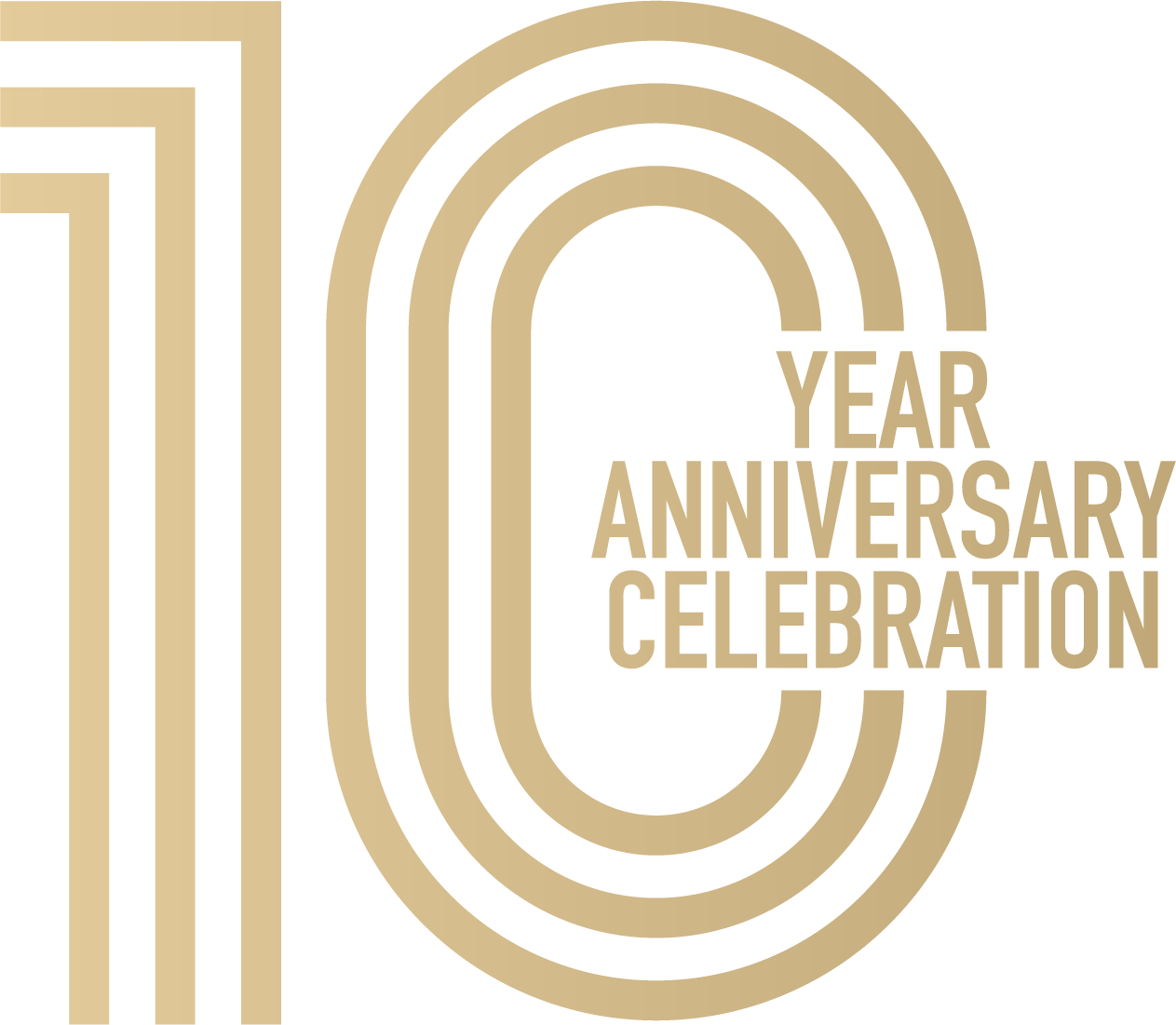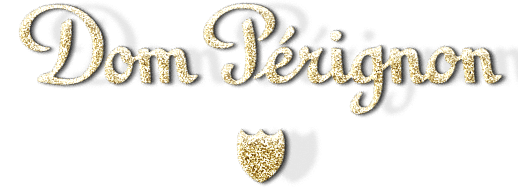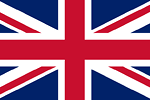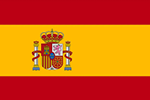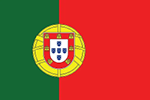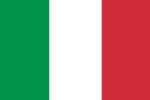Welcome to the World's Number One Wine and Whisky Collection Platform
Over the past few decades, fine wine and whisky have proved themselves as highly profitable alternative asset classes, making it an attractive addition to many portfolios. A 2019 survey by Barclays Wealth and Investment Management revealed that over 33% of high-net-worth individuals have fine wine as part of their portfolio, allocating roughly 2% of their wealth in these collections. With rising market uncertainties and fears of recession, conscientious investors have quickly realised how fine wine and whisky’s unique attributes offer incredible growth potential for returns and are an intelligent way to diversify your portfolio.
The primary motivation to collect fine wine and whisky lies in its stable yet impressive track record. As they are both asset-backed, fine wine and whisky are often compared to gold and is rarely affected by fluctuations of the stock market.
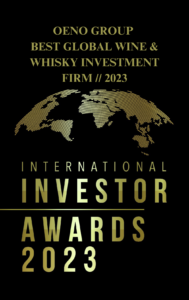
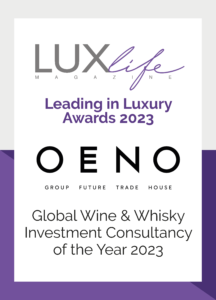
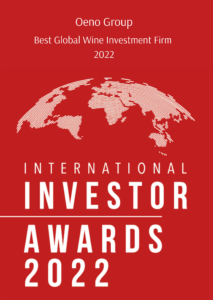
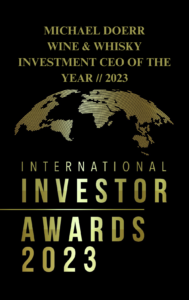
![Wine investment CEO of the year2[6]](https://oenogroup.com/wp-content/uploads/2023/12/Wine-investment-CEO-of-the-year26-213x300.png)
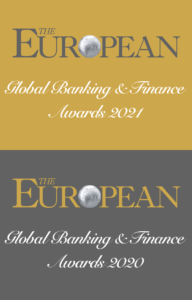
5 SIMPLE steps
to INVESTING
ARRANGE A MEETING WITH YOUR DEDICATED WINE & WHISKY TRADER
YOUR TRADER WILL CURATE A BESPOKE COLLECTION FOR YOU
PURCHASE YOUR COLLECTION AND RECEIVE YOUR CERTIFICATES OF AUTHENTICITY
WE’LL INFORM YOU OF THE OPTIMAL OPPORTUNITIES TO SELL
CHOOSE RECEIVE YOUR RETURNS OR ALLOCATE MORE ASSETS TO YOUR COLLECTION
Collecting with OenoFuture is an extremely simple and easy-to-understand process for both experienced collectors and those just beginning their journey in fine wine & whisky. Throughout the process, clients can be reassured that they will be fully informed about when, why and what to collect.
Our EXITSTRATEGIES
Fine wine & whisk are two of the rarest asset classes with a full circle life-cycle. This means they are produced in limited quantity, collected, and ultimately consumed. Therefore, a comprehensive exit strategy is absolutely imperative to showing your returns from your collection.
Oeno Group is structured to optimise the opportunities in both fine wine & whisky. Clients have access to the world’s finest and rarest of both of these asset classes via OenoFuture, and they enjoy access to customised exit strategies through UK hospitality via OenoTrade, or through our e-commerce platforms and our luxury boutique OenoHouse.
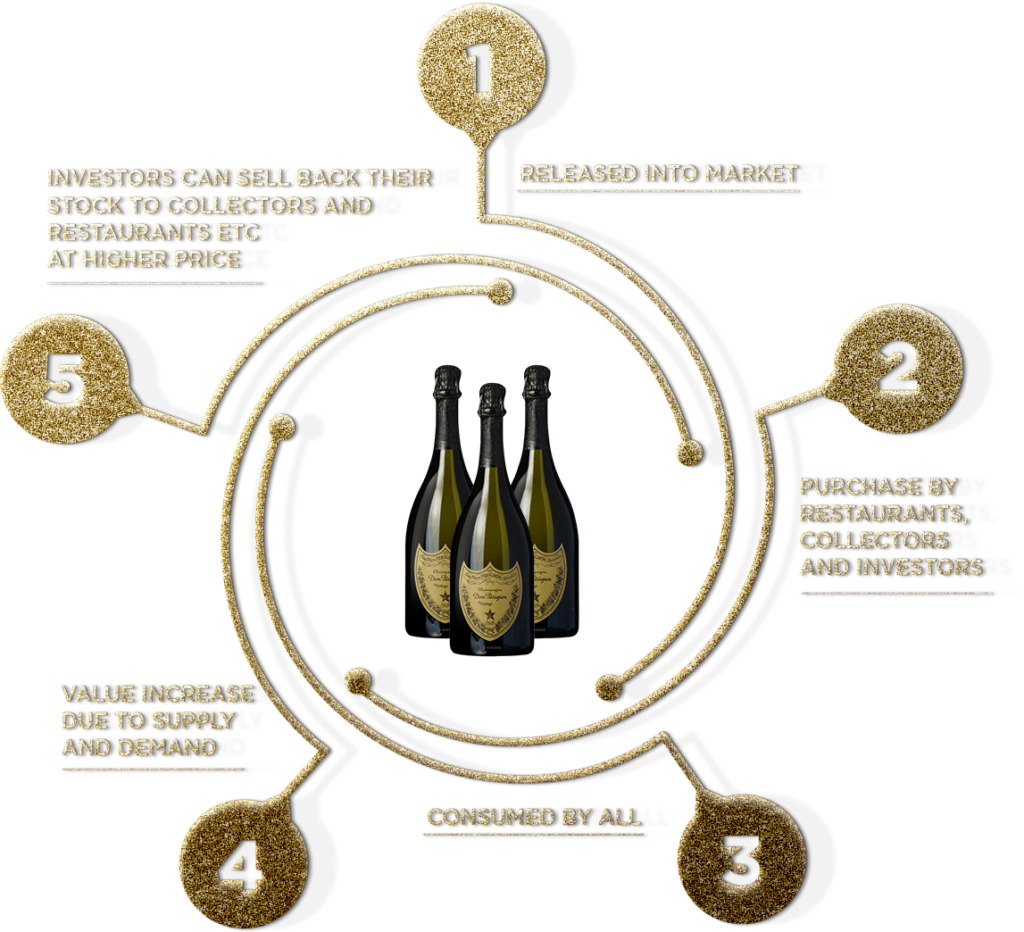
Our RETURNS
Panton Accountancy Services Limited can confirm that OenoFuture Limited has generated the following average returns on behalf of its clients over the years 2019, 2020, 2021 and 2022.
2019
11.02%
2020
12.10%
2021
15.56%
2022
15.35%
2023
9.9%
Client REVIEWS
Great alternative investment
Great time meeting and drinking some very nice wine with your experts. Really fun to sit and discuss the long term appreciation of different wines and whisky.
Blake
Verified
Such a good day at OenoHouse
I had such a good day when I recently visited OenoHouse with some of my pals. It was a really enjoyable experience which involved us tasting some great wine! We will definitely be going back there when we are all next free again!
Mac
Verified
Meet my portfolio manager
It was my chance to meet my portfolio manager Sid, and he answered all my questions, making me feel more conforfortable about progressing with it. Although it rained at OENO house, it was a good and relaxing atmosphere.
John
Verified
Excellent professionals with true knowledge of their industry
The OenoFuture executive Bailey Cooke, took time to explain the features of the investment transaction through a few conversations and answered all the questions had about the industry.
Beatrice
Verified
Invest in Wine, it is worth it
I was introduced to the Wine investment world by Oeno Wines and more specifically my broker David Alvarez. I had some extra funds from work savings and needed to diversify my portfolio.
Guilherme
Verified
Events
OENO FUTURE
Lisbon
OENO FUTURE
Madrid
OENO FUTURE
Venice
Sign up today
2500+
6
$83m
OurSTORAGE
London City Bond (LCB) specialises in storing fine wines for the trade and private clients in purpose-designed warehouses in the UK. Its roots can be traced back to 1870 when British & Foreign Wharf was established in the Port of London to offer bonded warehouse services to the 19th century wine and spirit trade. Today LCB is the largest privately-owned bonded warehousing firm in the UK responsible for 7 million cases of wine in their 1.6 million square feet of warehouse space. It stores wine for most of the country’s biggest wine merchants and private clients from all over the world.
Wines stored with LCB are kept in a dedicated fine wine warehouse which boasts meter-thick walls and a state-of-the-art climate control system to avoid fluctuations in temperature and light. In accordance with ideal wine storage conditions, the average temperature is maintained at 13 degrees with 60-65% humidity and minimal exposure to light and movement. Often these bottles have been transferred directly from the producer’s cellar to the bonded warehouse and avoids unnecessary travel, giving them an ironclad provenance. The more a wine is transferred, the greater the opportunity for damage to happen to the bottles, cases or liquid. All of these factors contribute to the value of the wine. Another reason for storing our client’s wines in the UK is that London is the central hub for the global secondary market. Therefore, a large section of fine wine investors use the UK to store their wines.
Comprehensive INSURANCE coverage
To ensure comprehensive service to our clients, Oeno offers complete insurance coverage tailored to the unique characteristics of fine wine and whisky collecting from the moment the bottle leaves the vineyard or distillery during its transportation and its time spent in the secure bonded facility. By aligning ourselves with a specialist insurer, we guarantee insurance coverage of the product at total market value. This means that even if your bottles were to be broken or stolen after five years of being in storage, you would still be in a position to take advantage of the increase in market price. Furthermore, our insurance policy covers not only the wine and whisky itself but also any superficial damage to the packaging, such as stains on the labels or damage on the case, giving our clients complete confidence. If it’s damaged then it’s not in pristine condition when the time comes to sell. Oeno has structured the policy in such a way that provides the client with complete independence over their collection while we take care of the insurance details and all financial costs.
Investment NEWS
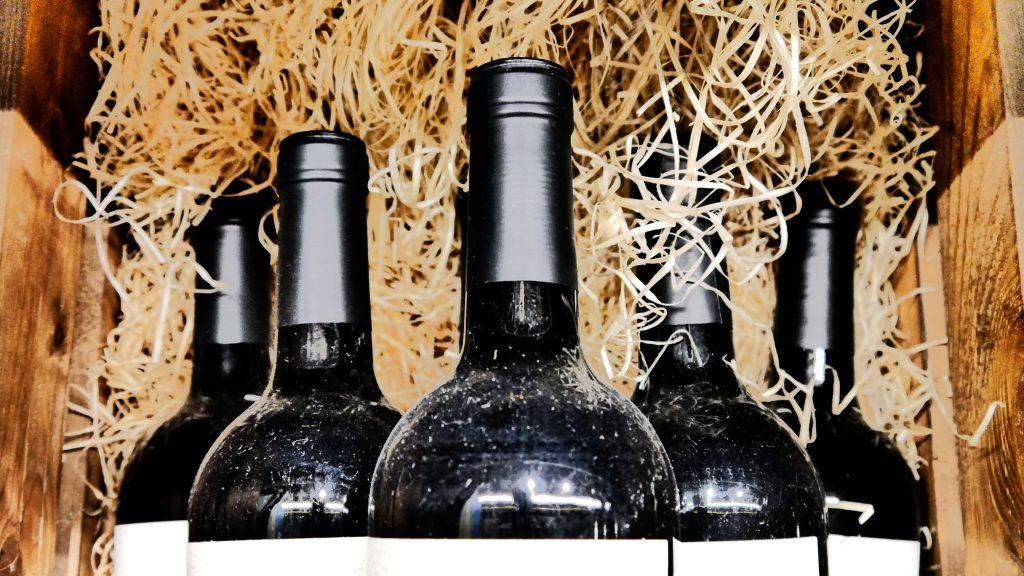
The Buyers’ Market is in Full Swing

Week in Review – Ending 1st August 2025
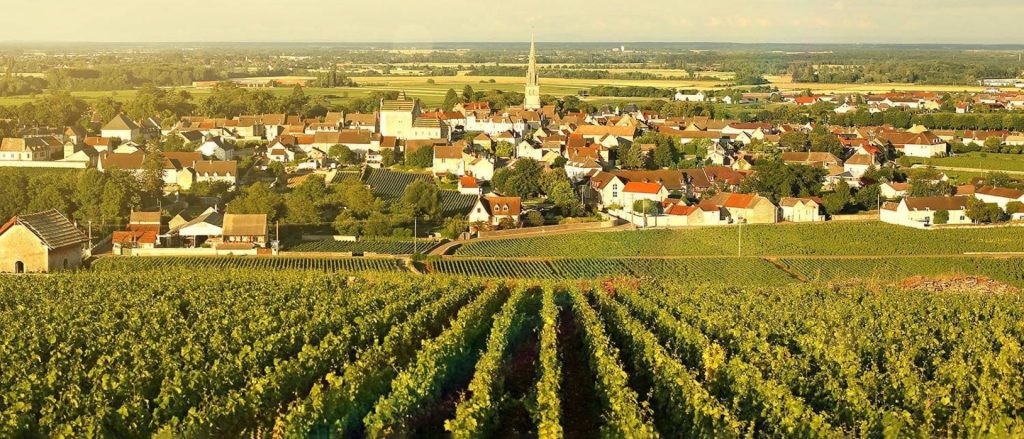
Market Insight: Coche-Dury Offers an Insight into Asian Demand

2025: A Year to Invest Smart. Goldman Sachs Already Is.
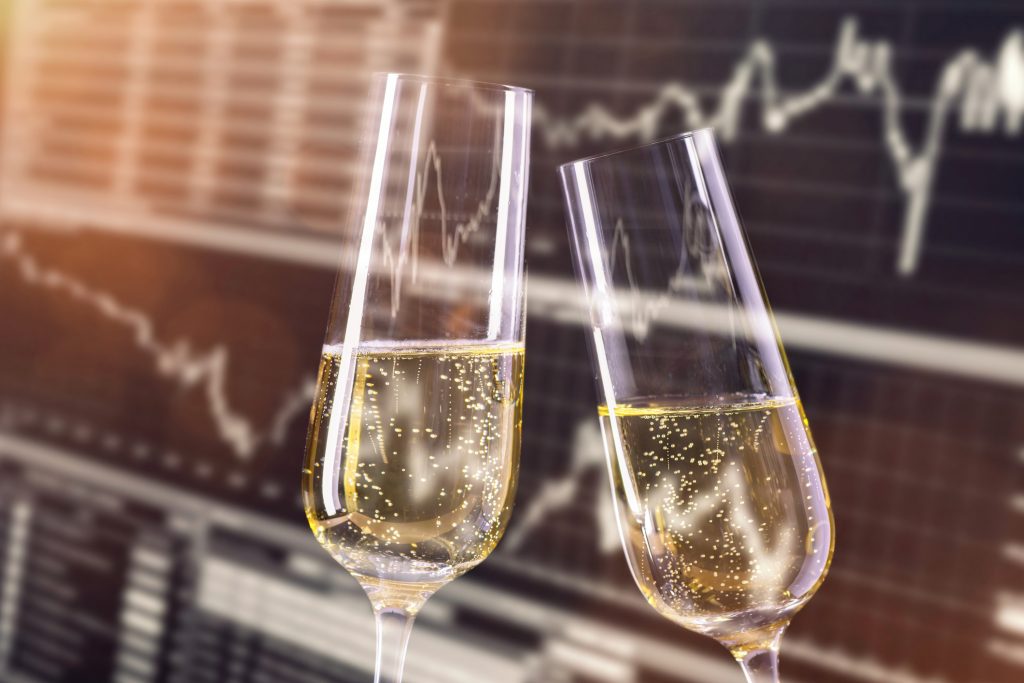
The Fine Wine Market Today
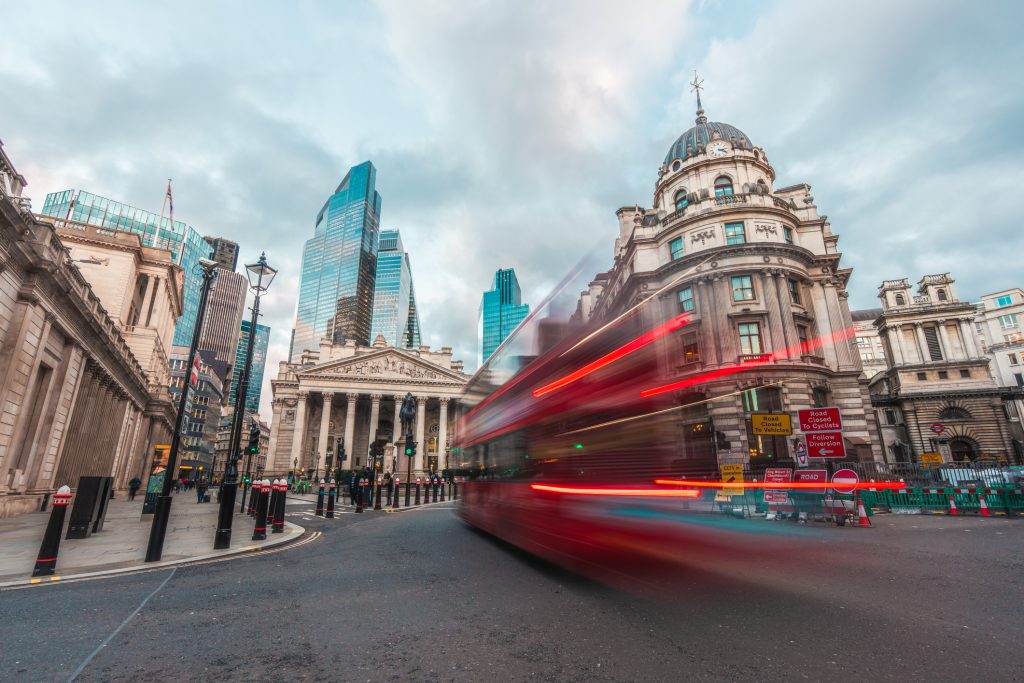
The Week in Review – Friday, 30 May 2025
FAQs
Fine wine & whisky increase due to one fundamental reason: supply and demand. Like all luxury goods, if the demand outweighs the supply, the price of the goods increases. Both assets will evolve over time, in most cases the ageing of fine wine and whisky increases its flavour profile thus increasing its worth; this is true for whisky in the cask and fine wine in the bottle.
That usually depends on the collector; managed accounts can be opened for as little as £10,000. Our average client Portfolio tends to be between £25,000 – £50,000 and can rise to multi-million pound funds.
Even thought you are building a collection, like any asset, performance is not guaranteed, however, both wine and whisky have proven to be a safe haven in nearly all market conditions. With their low correlation to markets that effect economies, these sectors tends to be used as a hedging tool against riskier holdings. We have seen minimal effect to both markets over Covid, Brexit and the recent war with Russia. In fact, wine performed well over the Covid period with champagne showing a 79.7% over the two years of pandemic restrictions (2020/2021). There is always the risk of breakage or damage to stock whilst in transport or storage and, for this reason, all stock maintained by Oeno Group is insured at market price should the worst case happen. Our clients are fully covered.
Our business is to deal with a physical asset and, similar to selling a property, it can take time to liquidate. Oeno Group have gone further than any company in our field, allowing clients to exit direct to trade and direct to consumers, thus increasing the liquidity for our clients and speeding up the process. We recommend waiting for one of our exit platforms to request your asset for sale; this ensures that demand is sufficiently strong for that asset. However, when requesting for a sale please allow six months before needing funds in order to allow for a safe and efficient exit.
1. Please be aware that this is a long-term investment. We at Oeno Group strongly advise our private clients to expect a minimum hold period of 5 years for any wine held in their collections. If you have been advised otherwise, please contact your portfolio manager.
2. Fine wine & rare whiskey collections are physical assets. As such any sale is incumbent on a buyer being sourced ahead of time by Oeno Group. Should you wish to sell your wine ahead of an offer being prepared by Oeno Group, please be advised that a buyer may take time to source.
No, it is not. The wine industry is unregulated and thus the FCA will not provide any licence to merchants offering wine for collecting purposes. However, we do use FCA regulated firms to insure our stock, and we are a member of the WSTA (Wine and Spirit Trade Association). We do however have an SEC (U.S. Securities and Exchange Commission) regulated fund that offers clients a regulated route to investment with us should that be of preference. U.S. federal securities laws empower the SEC with broad authority over all aspects of the securities industry. The SEC’s mission is to protect investors; maintain fair, orderly, and efficient markets; and facilitate capital formation.
Yes, our AWRS (Alcohol Wholesaler Registration Scheme) number is XKAW00000119972.
France
The home of Bordeaux, Burgundy and Champagne, France is arguably the world’s most important wine-producing country. For centuries, it has produced wine in greater quantity – and reportedly greater quality – than any other nation. Wine is ingrained in French culture at almost every level of society; it is the drink of the elite and the common people, and a key symbol in Roman Catholicism, France’s majority religion.
- Champagne
- Burgundy
- Bordeaux
Many of the world’s most best-known wine brands are Champagnes. The term was widely used to refer to sparkling wines from all over the world. This has been a point of much controversy and legal wrangling in recent decades; Champagne is a legally controlled and restricted name.
Champagne’s fame and success is, of course, the product of many complex factors. And yet there are three key reasons of which we can be reasonably certain. First, the all important bubbles, which make it stand out from less “exciting” wines. Second, the high prices that Champagne commands, which make it feel somewhat exclusive and special. Third, two centuries of clever marketing to a willing and highly receptive consumer base.
Located at a northern latitude of 49°N, the Champagne region lies at the northern edge of the world’s vineyard-growing areas, with lower average temperatures than any other French wine region. In this kind of cool climate, the growing season is rarely warm enough to ripen grapes to the levels required for standard winemaking. Even in temperate years, Champagne’s grapes still bear the hallmark acidity of a marginal climate, and it was only the discovery of secondary fermentation that provided a wine style capable of harnessing, and even embracing, this tartness.
Burgundy (“Bourgogne” in French) is an historic and highly respected wine region in eastern France. Burgundy wines have long had devout followers throughout the world and continue to do so today. Although Bordeaux produces about four times as much wine every year, Burgundy’s estimated 30,000 hectares (74,000 acres) of vineyards are of equal prominence, producing some of the most exclusive wines on Earth.
Burgundy wines come from several distinct subregions, each with its own particular character.
The Côte d’Or
This is the heartland of Burgundy, and what most people readily refer to when they talk of the region. The Côte d’Or – the golden slope – is an escarpment that runs for 60km (40 miles) between southern Dijon in the north and the villages of Santenay and Maranges in the south.
The Côte d’Or is further divided in two with the Côte de Nuits in the northern half and the Côte de Beaune in the south.
The Côte de Nuits
The Côte de Nuits is predominantly Pinot Noir country (although some stellar Chardonnay vineyards can also be found here). It covers the area between southern Dijon (starting in Marsannay) and runs down to Nuits-Saint-Georges and Corgolin and Comblanchien beyond (before the start of the Côte de Beaune).
The Côte de Beaune
The Côte de Beaune covers both Pinot Noir and Chardonnay with a host of internationally recognised appellations. These include the Chardonnay-centric titles of Meursault, Puligny-Montrachet and Chassagne-Montrachet in the central-south of the subregion; the more heterogenous Corton slopes at the very north (as well as Santenay in the very south); and the Pinot Noir-predominant neighbours of Volnay and Pommard, in the central Côte de Beaune.
Bordeaux, in the southwest of France, needs little introduction as one of the world’s most famous, prestigious and prolific wine regions. The majority of Bordeaux wines (nearly 90 percent of production volume) are the dry, medium- and full-bodied red Bordeaux blends that established its reputation.
The finest (and most expensive) of these are the wines from the great châteaux of the Haut-Médoc and the Right Bank appellations Saint-Émilion and Pomerol. The former is focused (at the top level) on Cabernet Sauvignon, the latter pair on Merlot grapes.
The legendary reds are complemented by high-quality white wines based on Sémillon and Sauvignon Blanc grapes. These range from dry whites to challenge the best fro the Burgundy region (Pessac-Léognan is particularly renowned) to the sweet, botrytized nectars of Sauternes.
Those from the top châteaux are regularly traded for several thousand dollars. Auction figures and retail prices do not always conform with Bordeaux’s distinct and historically significant classification system, which has remained largely unchanged since the middle of the 19th Century.
Spain
Along with France and Italy, Spain is one of Europe’s big three wine-producing nations with an ancient history of winemaking and a range of wines and styles providing global touchstones for producers worldwide. A country rich in viticultural history, grape vines have been grown on the Spanish Iberian Peninsula since at least 3000 B.C. It was not until 1000 B.C. that winemaking began here in earnest – a skill brought by Phoenician traders from the eastern Mediterranean. Today, the country is home to more vines than any other country on Earth, and has a national wine output exceeded only by France and Italy. There are three notable regions in Spain.
- Northwest Spain
- Northeast Spain
- Southern Spain
The Northwest region is much cooler than the rest of the Spain. Rias Baixas and País Vasco are the coolest, specializing in zesty whites and lean, elegant reds. Moving south, the Cantabrian mountains stop the Atlantic chill and thus, the Duero river valley experiences both hot summers and icy winters. This combination results in some of the boldest Tempranillo wines of Spain.
Northeastern Spain can be split into two major zones: the Ebro river watershed and the coastal hills that run from Tarragona to the Spanish border. The Ebro River valley is famous for its robust, fruity reds and rosés of Tempranillo, Garnacha, and Carignan. The coastal hills produce Cava and elegant, mineral-laced red blends which often include Cabernet Sauvignon, Syrah, and Merlot.
A great deal of Spain’s wine comes from Central Spain from Castilla-La Mancha and parts of Valencia (including Castilla VT). Still, you can find excellent quality reds here. As you move farther South, you get into dominant plantings of Palomino Fino and Pedro Ximenez which are used for Sherry of all kinds from dry to sweet.
